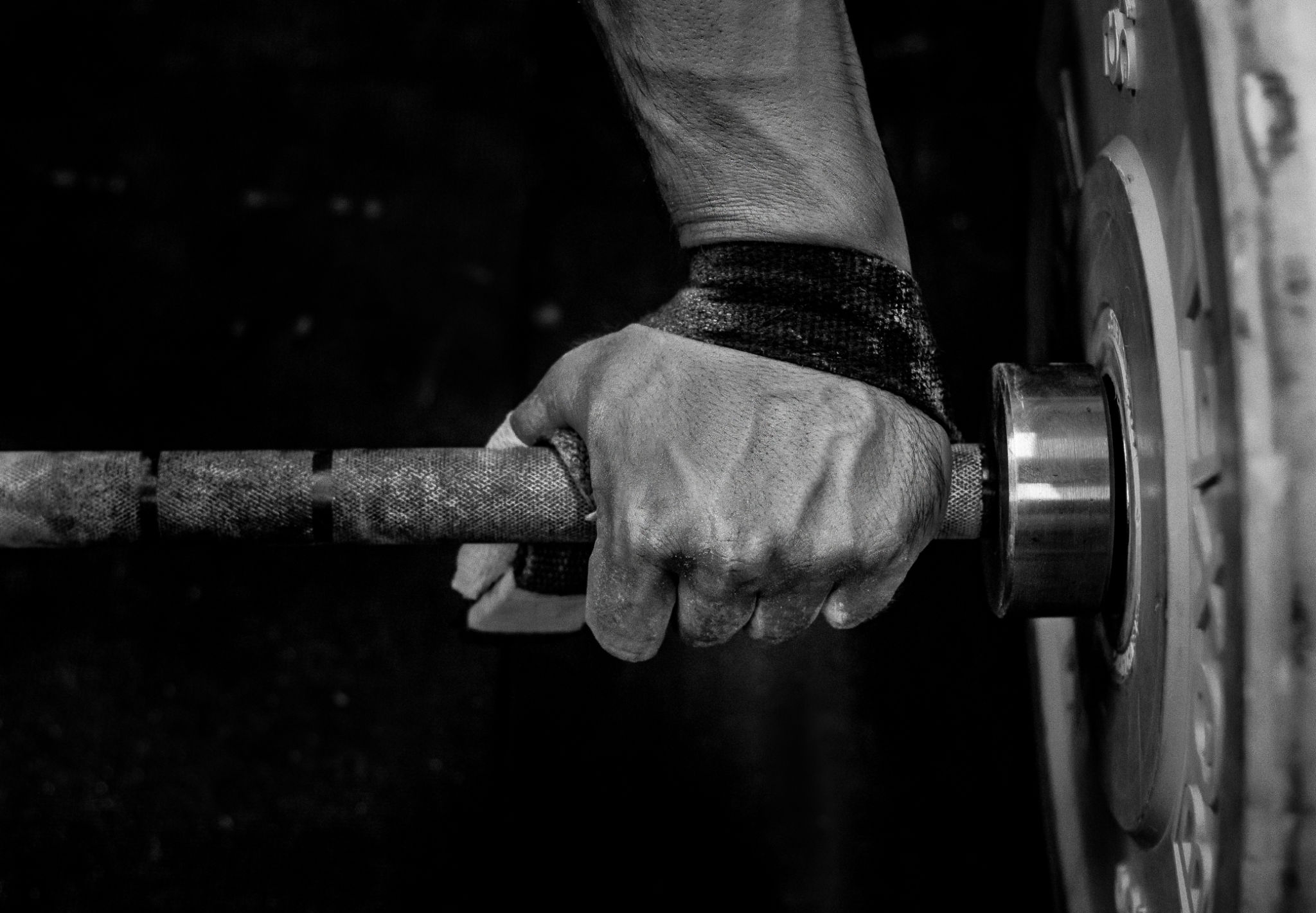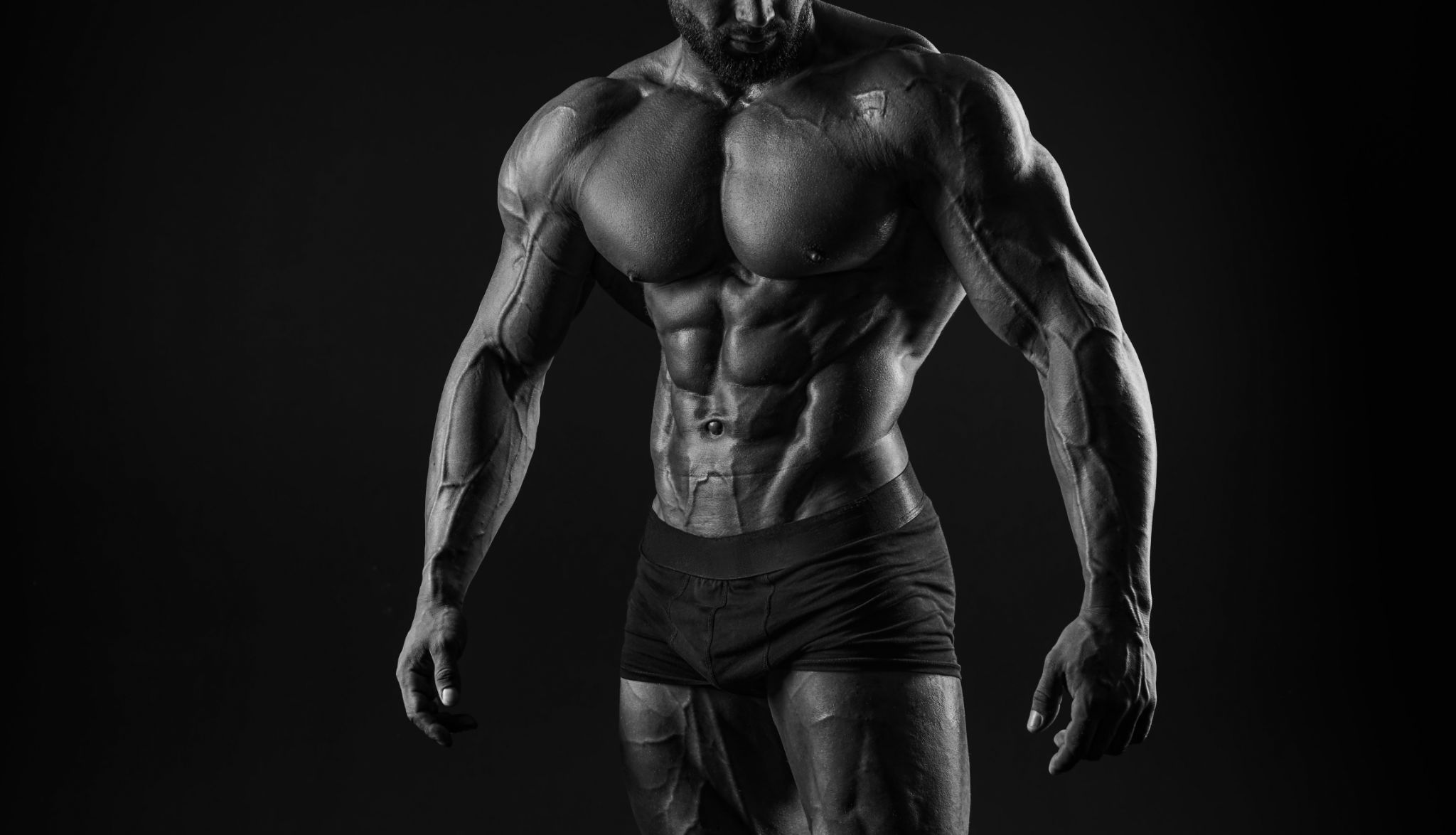Weight Lifting vs. Bodybuilding: Which is Right for You?
Understanding the Basics
When it comes to physical fitness and muscle development, two popular terms often come up: weight lifting and bodybuilding. While they might seem similar at first glance, they serve different purposes and have distinct goals. Understanding the fundamental differences between these two can help you decide which path aligns better with your personal fitness objectives.
Weight lifting is primarily focused on increasing strength and power. It involves lifting heavy weights to improve muscle strength and endurance. Bodybuilding, on the other hand, focuses on muscle hypertrophy, or the growth of muscle size, often involving a combination of resistance training and strict nutrition.

Goals and Objectives
One of the key differences between weight lifting and bodybuilding is the end goal. If your primary aim is to build strength, improve athletic performance, or compete in powerlifting competitions, then weight lifting might be the right choice for you. This approach typically involves performing low-repetition sets with heavier weights.
In contrast, if you're interested in sculpting your physique and achieving a specific aesthetic look, bodybuilding might be more suitable. Bodybuilders often focus on high-repetition sets with moderate weights to enhance muscle size and definition. Additionally, bodybuilding places significant emphasis on diet to reduce body fat and highlight muscle gains.

Training Techniques
Weight lifting routines often include exercises such as deadlifts, squats, and bench presses, aiming to work for multiple muscle groups at once. These compound movements are essential for building overall strength and power. Weight lifters may also incorporate accessory exercises to target specific muscles that need improvement.
Bodybuilding, however, usually involves a split training routine, focusing on specific muscle groups each day. This allows bodybuilders to target each muscle with greater intensity and volume. Isolation exercises are common in bodybuilding, ensuring that every aspect of a muscle is developed and sculpted.

Dietary Considerations
The role of nutrition cannot be understated in both weight lifting and bodybuilding. However, their dietary needs can differ significantly. Weight lifters may focus on a diet rich in protein and calories to fuel their intense training sessions and support muscle recovery.
Bodybuilders often follow more stringent dietary protocols, particularly when preparing for competitions. Their diet may involve precise macronutrient tracking, calorie cycling, and even water manipulation to achieve the desired level of muscle definition.
- Protein: Essential for muscle repair and growth.
- Carbohydrates: Provide energy for workouts.
- Fats: Support overall health and hormone regulation.
Lifestyle Commitment
Deciding between weight lifting and bodybuilding also involves considering the lifestyle commitment each requires. Weight lifting can often be integrated into a varied fitness routine and requires less time commitment than bodybuilding.
Bodybuilding demands a significant dedication to both training and nutrition. This path often involves spending several hours in the gym each week and meticulous meal planning to achieve desired results. For many bodybuilders, it becomes a lifestyle rather than just a hobby.

Choosing Your Path
Ultimately, the decision between weight lifting and bodybuilding comes down to personal goals, preferences, and lifestyle considerations. If you're aiming to boost your strength and enjoy lifting heavy weights without a major focus on aesthetics, weight lifting could be your ideal choice.
If you're passionate about building a sculpted physique and are ready to commit to a rigorous routine both in the gym and in the kitchen, bodybuilding might be the right fit for you. Whichever path you choose, both can lead to improved health, increased confidence, and a stronger body.
